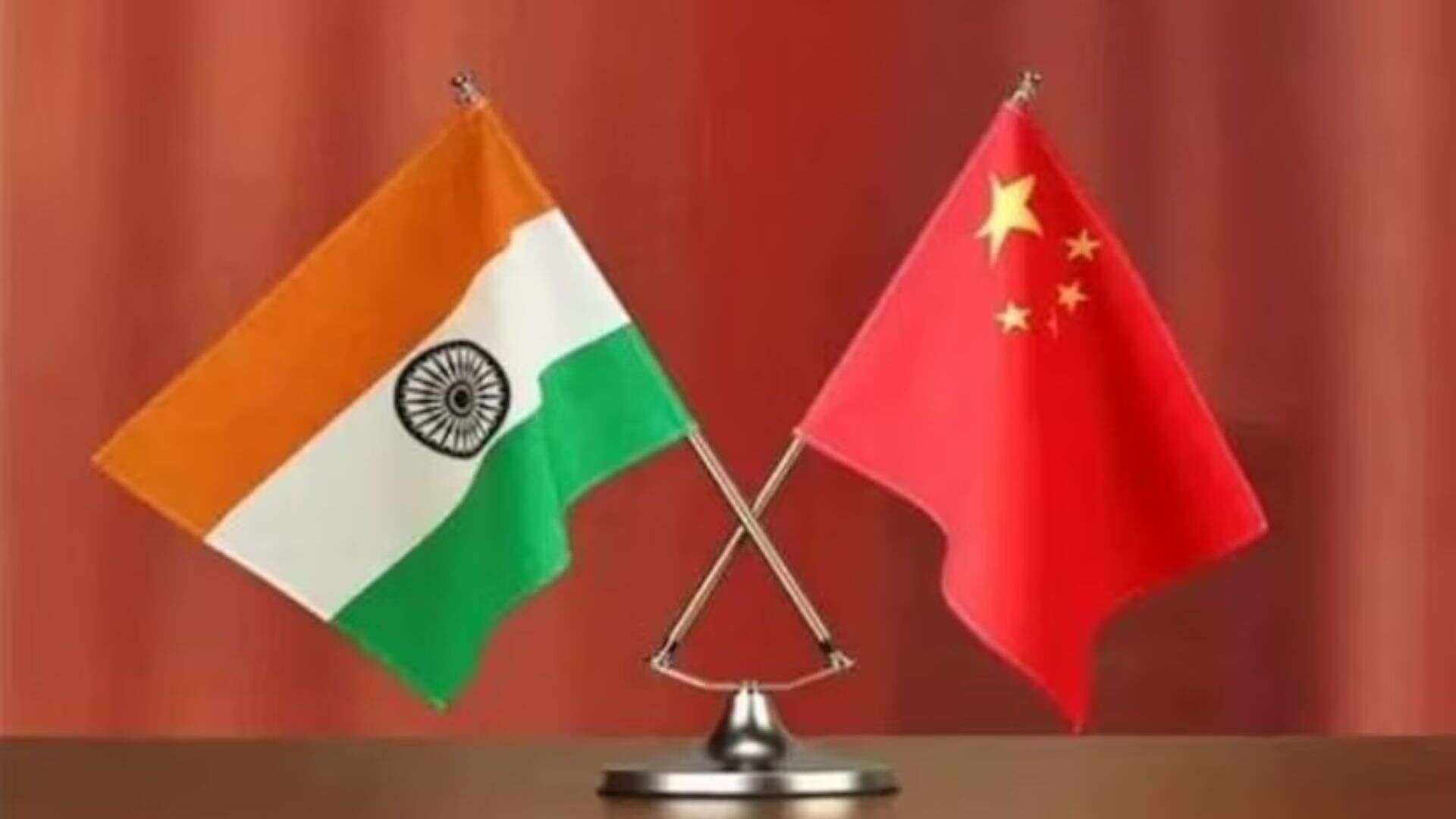China is urging India to resume direct passenger flights after a four-year pause, but India remains cautious due to ongoing border tensions. The diplomatic strain dates back to a significant military confrontation in June 2020, which resulted in the deaths of 20 Indian soldiers and at least four Chinese soldiers. Thousands of troops from both countries remain stationed along their shared border.
Following the clash, India restricted Chinese investments, banned numerous popular apps, and halted passenger flights between the two nations, although cargo flights continue. While resuming direct flights could benefit both economies, the stakes are particularly high for China, where post-COVID-19 international travel recovery has been sluggish, in contrast to India’s booming aviation sector.
Over the past year, China’s government and airlines have repeatedly approached India’s civil aviation authorities to restore direct air links. “We hope the Indian side will work with China in the same direction for the early resumption of direct flights,” China’s Foreign Ministry told Reuters last week, emphasizing that resuming flights would benefit both countries.
However, a senior Indian official responded, “Unless there is peace and tranquillity on the border, the rest of the relationship cannot move forward.”
Indian airlines, including Indigo, and Chinese carriers are in discussions with their respective governments about the feasibility of resuming direct routes. Pieter Elbers, CEO of Indigo, India’s largest airline, stated, “When the time is right and the governments come to a mutual understanding of how to move forward, we’ll assess the market.”
Direct flights between India and China reached their peak in December 2019, with 539 scheduled flights, according to aviation analytics firm Cirium. Chinese carriers accounted for 371 of those flights, while India’s airlines scheduled 168. These flights were suspended in early 2020 as the COVID-19 pandemic escalated. Despite the lifting of international travel restrictions a year later in India and early 2023 in China, direct flights have not resumed, except for minimal COVID-19 repatriation flights. Travelers must now rely on connecting flights through hubs like Hong Kong, Dubai, or Singapore, extending travel time from under six hours to over 10 and diverting business—including lucrative through traffic to the United States—to carriers such as Emirates, Singapore Airlines, and Cathay Pacific.
Air India CEO Campbell Wilson added, “Direct India-China flights ‘would seem to be a huge potential market,’ but for now there are factors at play ‘beyond our level.'”







